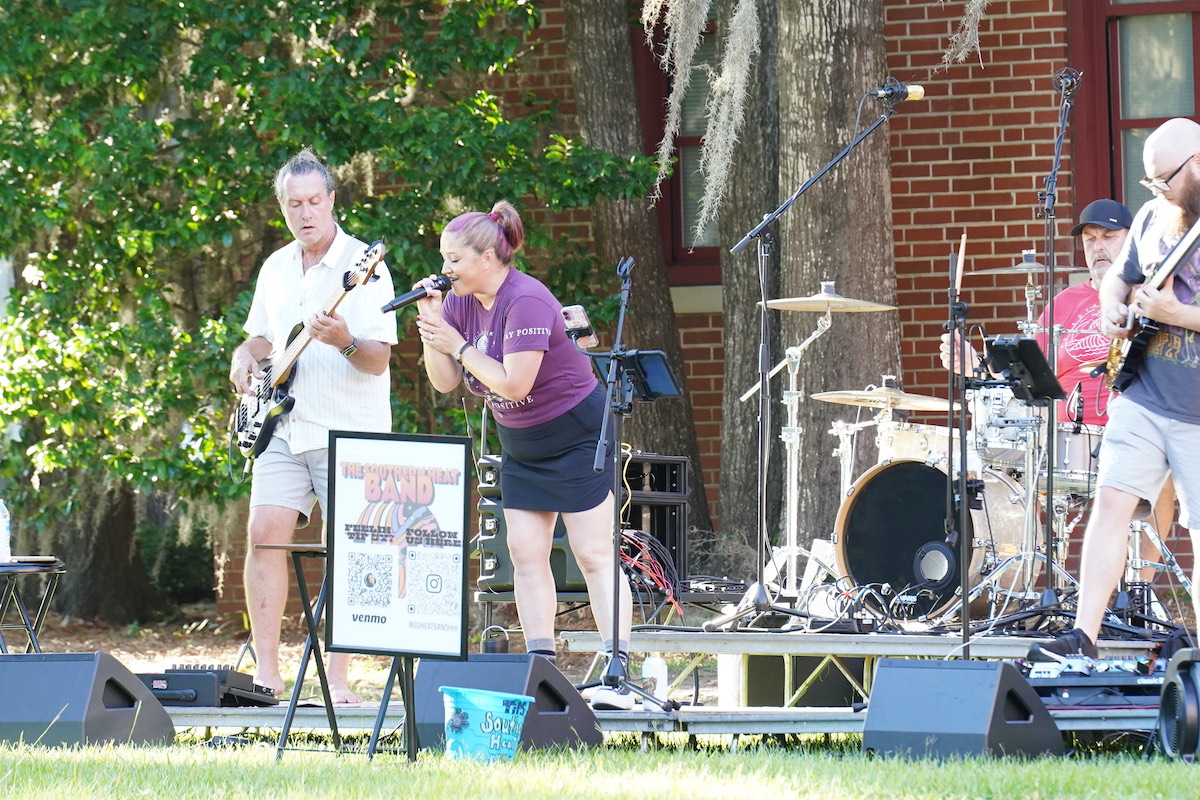A preview of Verdi’s “Aida” by The Met: Live at the USCB Center for the Arts, Saturday, Dec. 15, at 12:55 p.m.
By Alan Schuster
Late in life, Giuseppe Verdi was asked which piece of his music pleased him the most. Without hesitation he said “the final scene of my Aida.” For both the eyes and the ears, this sublime ending is preceded by two hours of magnificent spectacle, rousing marches and choruses, and some of Verdi’s most dramatic and emotional arias and duets. In essence, it is a triumph of Verdi’s creative imagination.
Act I: At the Royal Palace of Memphis, Ramfis, the High Priest, consults the gods for guidance. The Ethiopians are advancing, threatening Thebes. Radames has been chosen to lead the Egyptian army. Amneris, daughter of the king of Egypt, is in love with him, although she suspects that he loves Aida, her Ethiopian slave who is really the daughter of Amonasro, the Ethiopian king. Aida is torn between her loyalty to her country and her love for Radames. At the temple, Radames receives a blessing for victory, and leaves for battle.
Highlights
Radames: “Celeste Aida” (Heavenly Aida). Verdi wanted tenors to end this aria pianissimo, but most now prefer a big fortissimo. Amneris, Radames: “Trema, o rea schiava” (Tremble, o slave). She’s becoming suspicious of him, and when Aida appears, the tension thickens. It becomes a magical ‘thinks’ trio (separated, and expressing their feelings to themselves). Aida: “Ritorna vincitor” (Return victorious), an equally impressive match to Radames’s earlier aria. Chorus: “Immenso, Ftha” (Infinite Ftha). It’s a terrific final scene to the act, beginning with a harp-accompanied prayer, a sacred dance, and ending with a mighty song of war.
Act II: The Egyptians win, but Amneris tells Aida that Radames is dead — a lie. Her anguished reaction convinces Amneris that they are now rivals for Radames’ love.
Radames returns in triumph, earning a favor from the king. Radames asks him to spare the lives of the Ethiopian prisoners. The king agrees. To Aida’s shock, her father is among them, and he pleads with her not to reveal his true identity. The king then promises Amneris to Radames as well as his eventual rise to the throne, leaving both Radames and Aida grief-stricken.
Highlights
Slave girls: “Chi mai fra gli inni” (You who amid hymns…). To the haunting accompaniment of harps, they sing of praise for Radames’s return as they help Amneris dress for the celebration. Chorus: “Gloria al’Egitto!” (Glory to Egypt!), which begins the victorious parade of Radames, his army and his prisoners. It is without a doubt the greatest spectacle in all of opera.
Act III: As the wedding approaches, Amneris prays at the temple. Meanwhile, Amonasro tells Aida that his army is planning another attack and commands her to get tactical information from Radames, with whom she is about to meet. Unaware of her plight, he inadvertently reveals that the Napata pass is unprotected. Lurking nearby, Amonasro overhears this, causing Radames to realize that he has betrayed his country. When he sees Ramfis near the temple, he confesses his betrayal and is taken away.
Highlights
Aida: “O patria mia” (O native land, never shall I return to you). It’s a calm, peaceful and exquisite aria, ending with a dolce high C finish.
Act IV: Amneris, brooding on her hopeless love for Radames, has him brought to her by guards. She pleads with him to give up his love for Aida and marry her, thereby saving his life. But he refuses to do so and then learns of his fate — to be buried alive.
The final scene takes place in a dark crypt below the temple floor. Radames finds Aida hiding there, waiting to die with him. Amneris appears above, kneels next to the stone on the tomb, and prays for peace as the loving couple calmly anticipates a heavenly death.
Highlights
Verdi’s favorite scene begins. Radames: “Morir — Si pura e bella” (Death — So pure and beautiful). He sings a melody of great tenderness, regretting that he has caused her death. She replies, seeing a vision of an angel who has come to promise them eternal love. As the chanting of the priests is heard, they join together in a sublime, perhaps heavenly, lovers’ hymn: “O terra, addio …” (O earth, farewell). As their voices gently fade away, Amneris softly murmurs a prayer from above, “Pace t’imploro” (Peace I pray for you), bringing this Verdi masterpiece to an end. Tears will flow.
Ukrainian soprano Liudmyla Monastyrska is earning rave reviews in the role of Aida. The New York Times singles out her “big shimmering sound, her thrilling high notes.” Russian mezzo Olga Borodina sings Amneris with “astonishing power.” French tenor Roberto Alagna is Radames. Georgian baritone George Gagnidze is Amonasro. Italian Fabio Luisi is the conductor.
Tickets: Adults $20; OLLI members $16; Students under 18, $10. All seats are assigned and the box office opens at USCB Center for the Arts one hour prior to the 12:55 p.m. curtain time, or call 521-4145.






